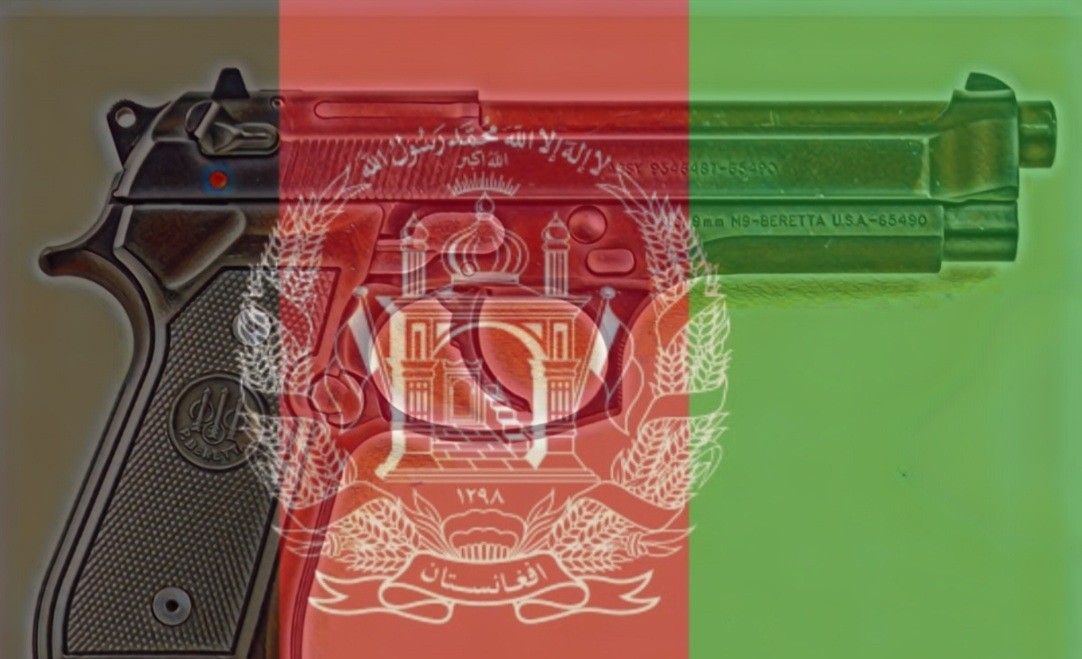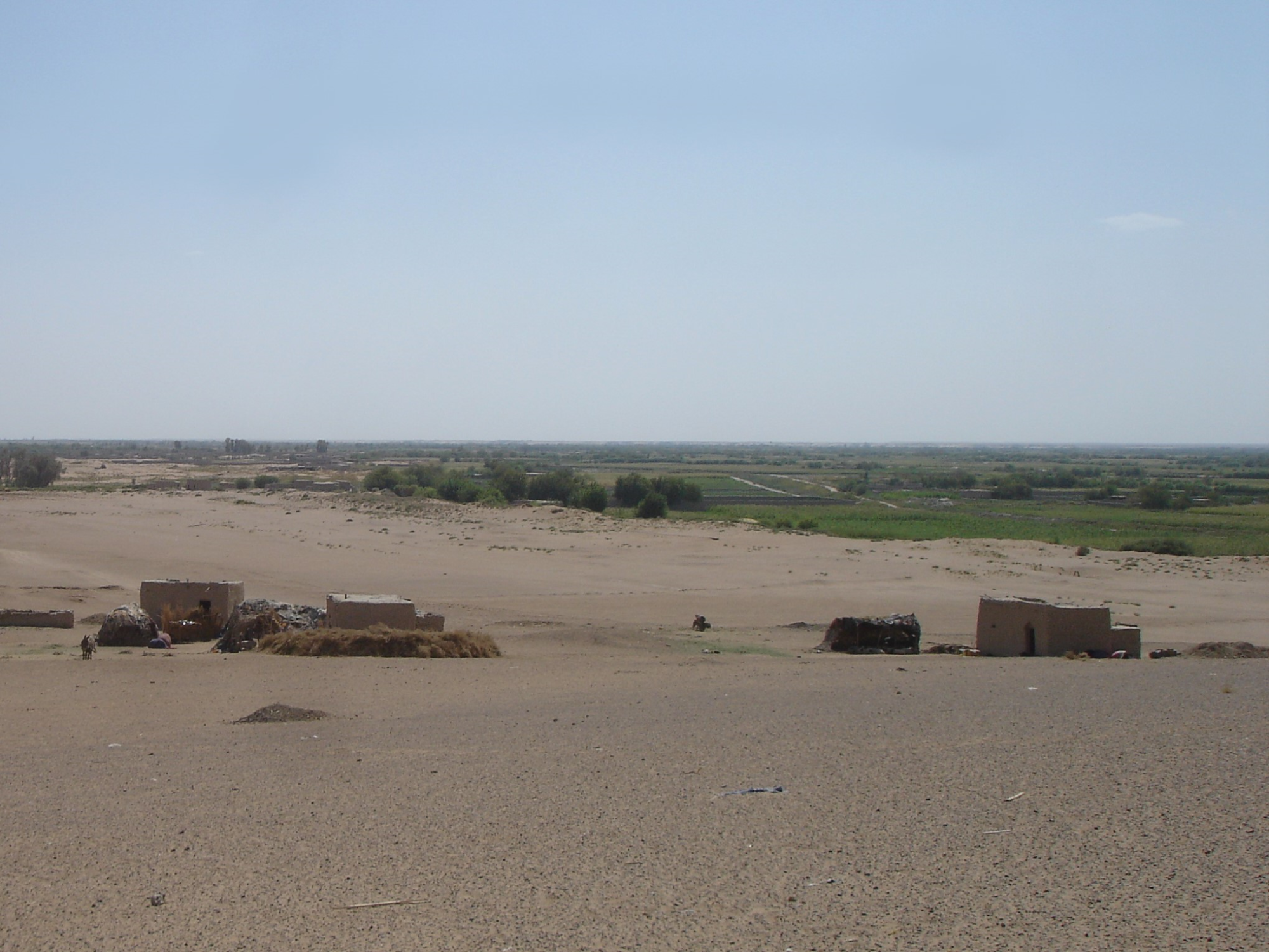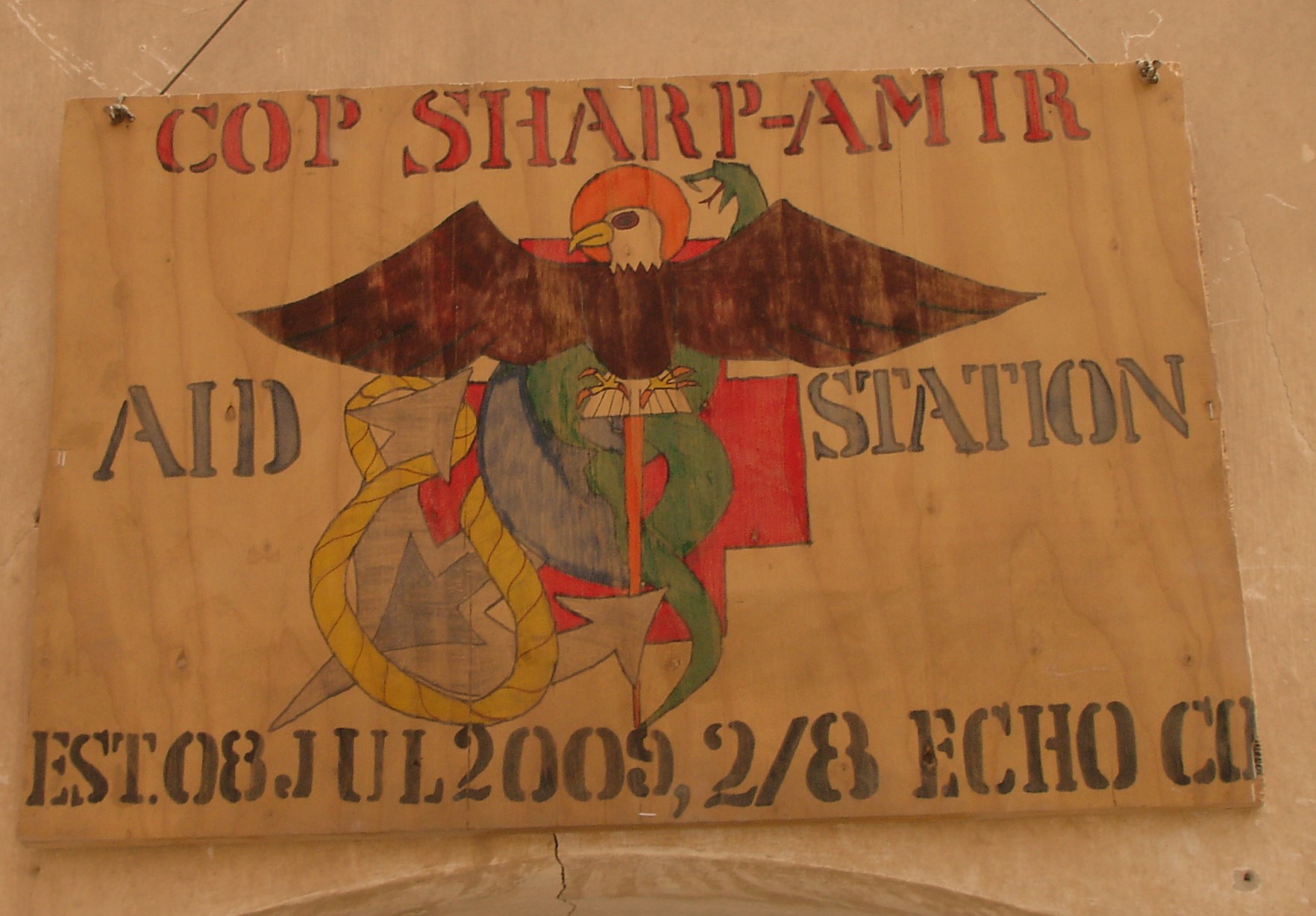Not all deserts are an arid waste land. In Egypt, the famous pyramids rise from the sand, the sphinx covered in dust. But the Nile delta is so fertile with life at the opposite end of the spectrum.

The world is focused on events in Afghanistan right now. I started writing this post a few weeks ago before this really took off. There’s so much that could be said about why we were there or if we should have been and if it was worth it… It is history. What happened, happened. There was good and there was bad.
“Quality of life in some ways did improve, modernizing under the Western occupation, even as the millions of dollars the U.S. poured into Afghanistan fed corruption. Infant mortality rates fell by half. In 2005, fewer than 1 in 4 Afghans had access to electricity. By 2019, nearly all did.
The second half of the war allowed Afghan women, in particular, opportunities entirely denied them under the fundamentalist Taliban, so that more than 1 in 3 teenage girls — their whole lives spent under the protection of Western forces — today can read and write.” –Longest war: Were America’s decades in Afghanistan worth it?
The above article contrasts the small gains with the growing costs and long term effects but how can you compare changing or saving a life to a monetary amount? How much is a life worth? Are you to judge who is good or bad, who is worth saving and who is not? Doesn’t war do that? To whom does/do the blame/accolades go?
Butterfly effect.
History doesn’t repeat itself but it rhymes
The Soviets completed their withdrawal from Afghanistan in February 1989 leaving behind a legacy of destruction and a failure to subdue the country. 15,000 Russians were killed over the nine years they attempted to occupy Afghanistan. Soundly defeated by the Mujahidin (with the help of American assets), the Soviets retreated, leaving behind a mess. America promptly withdrew its support, allowing the situation to deteriorate. Sound familiar?
2009, Mian Poshteh, Helmand Province, Afghanistan
For the tenth day in a row I’m scrubbing my M9, Berretta service pistol. Long before she was issued to me, someone named her “Chrissy.” The sobriquet was engraved on the underside of the trigger guard, her bluing worn away by years of nylon brush strokes and solvent. Carrying NATO issued ball ammo, I’d rather have a .45ACP but at least this is the most accurate and reliable M9 I was ever issued.
The weapon breaks down into only a few simple parts. The slide pulls away from the body after the takedown lever has been flipped. Turning the slide upside down, the spring needs to be compressed to release it and the guide rod from the barrel before it can be appropriately separated from the slide.
The trigger assembly in the lower housing lay on dirty FROG (Flame Resistant Organizational Gear) pants with the afore mentioned parts scattered around it. CLP (Clean Lubricate and Protect) is utilized to remove the rust and oil the mechanisms.
9mm rounds have been stripped into a boonie cover. The magazines are disassembled and sediment removed. The spring and follower is wiped and lightly oiled. Can a war really be won? At this point I don’t have the luxury to care, this pistol just needs to work.
The bridges are all laced with explosives, it’s easier to cross canals by jumping or wading. (The reason for constant weapons maintenance) The engagements have been from distances greater than 300 meters and we’ve been working on IEDs extensively. If we were patrolling, I would have my rifle. If we dismounted from our truck, I would have just the metal detector and pistol.

Around the canal was a veritable jungle, a narrow band of dense life. Beyond that swath was tan and bland. The system of sluice gates regulates the flow of water from the Helmand river to all farms in the valley. Flood irrigation makes it possible to grow the corn, cotton, poppy, watermelon, potato, and cannabis in this arid region.
The heat from the sun is intense, but the worst is walking through freshly irrigated fields. The steam rises and gets trapped in your helmet. I’ve spent time in Okinawa, the Philippines, and Thailand but this humidity seems greater. Perhaps the intensity of the situation and our hyper-focus on the environment elevates my perception of it.
The air outside the market smells like death and fish. The shops have been closed for months because the Taliban beat any shopkeeper that dared continue to open while our COP (combat outpost) was right across the street.

Echo Company 2nd Battalion, 8th Marine Regiment, 2nd Marine Division has been headquartered out of a school house that has been abandoned for years. The Taliban shut the school down; ignorance is a tool of control.
What Now?
So many meme’s to post, news articles, and videos discussing what seems like a tragedy. How do we make sense of this mess? Can we? Turn to your neighbor and discuss it. Ask a veteran their opinion. If they weren’t there, consider their experience. If they were there, consider their experience… Not everyone that was there saw the reality of the situation, the plight of the people. Never the less, ask.
This is not a hopeless time. This IS a time to consider what has happened, our experiences, and search our souls. We brought justice upon those that committed acts of terror in our country. We stopped future attacks by routing out and destroying the terrorist allies of Bin Laden, whom we also killed in 2011. We brought relief to a generation that grew up with freedoms provided by our protection. There is no doubt that bad things will continue to happen but that doesn’t change that good was done.
What we did MATTERED, it was for something. Those that say we never should have been there speak from ignorance. They haven’t seen the evil that some of us have, thank God we could spare them that.
-Drew Out

Drew
August 18, 2021 14:21This whole thing has been frustrating. It’s not all going to make sense. The world will hold the US accountable for the end result whether they had any hand in helping the people of AFG or not.
Chris Reardoj
August 18, 2021 08:41Thank you Drew for this post. Very timely. I have been thinking about all these events as well. I will definitely have to talk more over a phone or video call more about this.